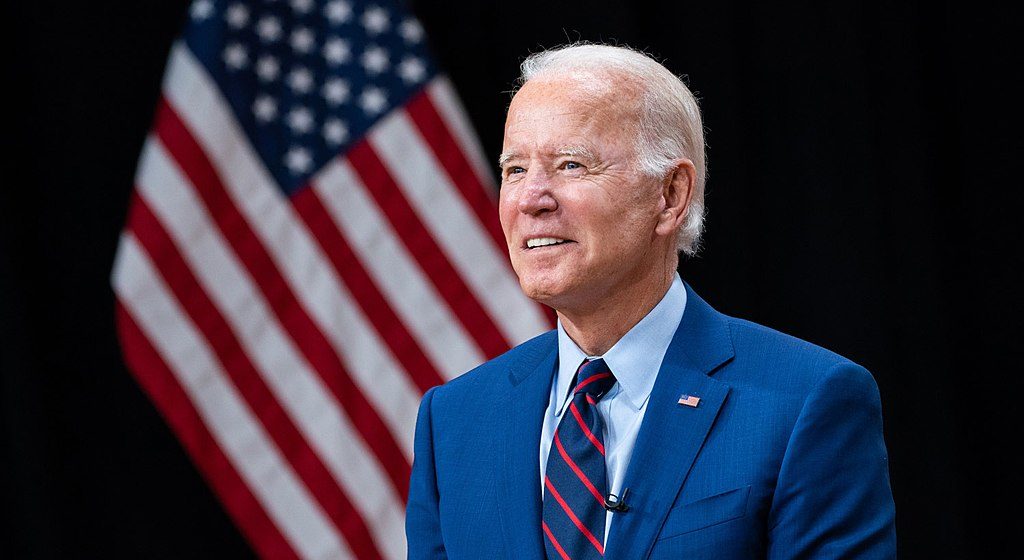
President Joe Biden is poised to sign the bipartisan CHIPS act into law, increasing computer chip production in the United States. (Source: Wikimedia)
Bill Addresses Computer Chip Shortage by Boosting U.S. Production, Investment
Perhaps the biggest news to come out of Washington D.C. this entire year is the bi-partisan CHIP bill that has been passed by the U.S Senate and House Of Representatives. And that is not being sarcastic or even critical. It is a fact that finally, some in Congress realized that without computer chips we don’t even get refrigerators these days.
The U.S. Senate earlier this week approved the CHIPS Act, which includes $52 billion to subsidize domestic semiconductor production. It still has to struggle through the bureaucracy (here’s a summary), but clearing the Senate is a huge and essential step toward getting a serious chunk of cash in the American chip fabrication industry.
The idea is that many of the chips we need to keep America in motion are made in Taiwan. And you might have heard that China may be preparing to emulate what Russia has done recently in invading Ukraine—that is to say it may invade Taiwan. Imagine the strain that would be put on that supply chain.
The U.S. also makes few of the most advanced types of semiconductors, which are largely produced in Taiwan, the epicenter of rising political tensions with China. Next, the House of Representatives passed the CHIP ACT. Though some Republicans opposed it, Democrats had the votes to pass it, according to an article from cnbc.com this week.
House Speaker Nancy Pelosi, D-Calif., called the bill “a major victory for American families and the American economy.”
Lawmakers pushed to quickly approve the package before they depart Washington, D.C., for the August recess. But the final vote came after years of wrangling on Capitol Hill, with the legislation taking numerous forms, and names, in both chambers of Congress.
The final version of the Chips and Science Act includes more than $52 billion for U.S. companies producing computer chips, as well as billions more in tax credits to encourage investment in chip manufacturing. It also provides tens of billions of dollars to fund scientific research and to spur the innovation and development of other U.S. technologies.
Still, it was a rare piece of progress from this divided Congress:
“It’s been a momentous 24 hours here in Congress, a legislative one-two punch that the American people rarely see,” Senate Leader Chuck Schumer said in a post-vote victory lap Thursday afternoon.
read more at cnbc.com







Leave A Comment